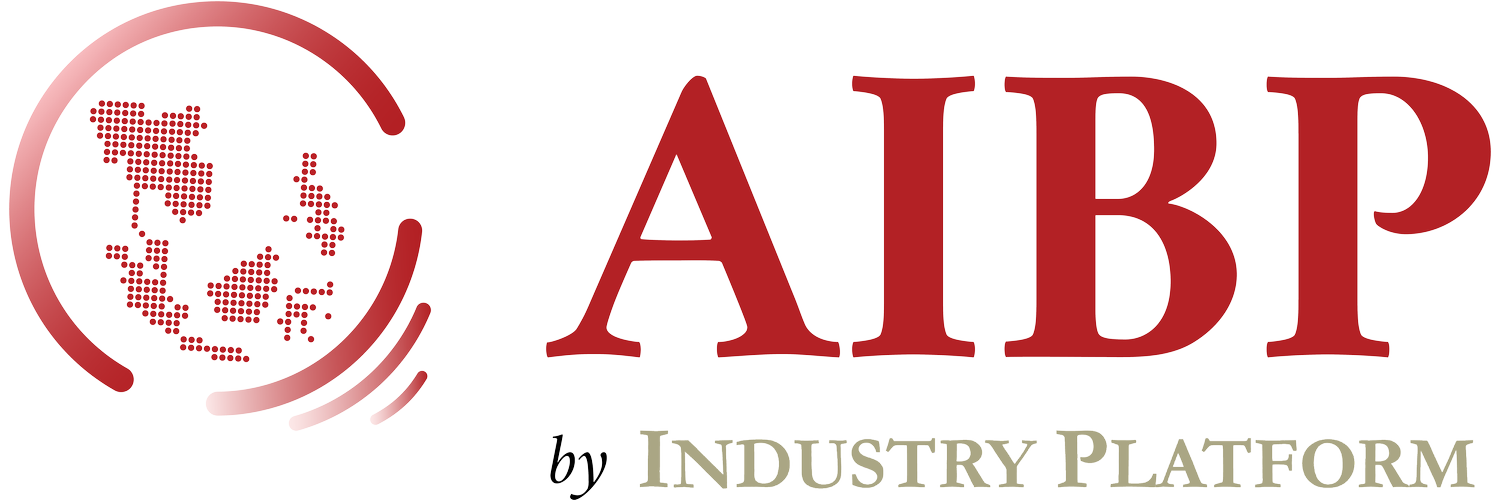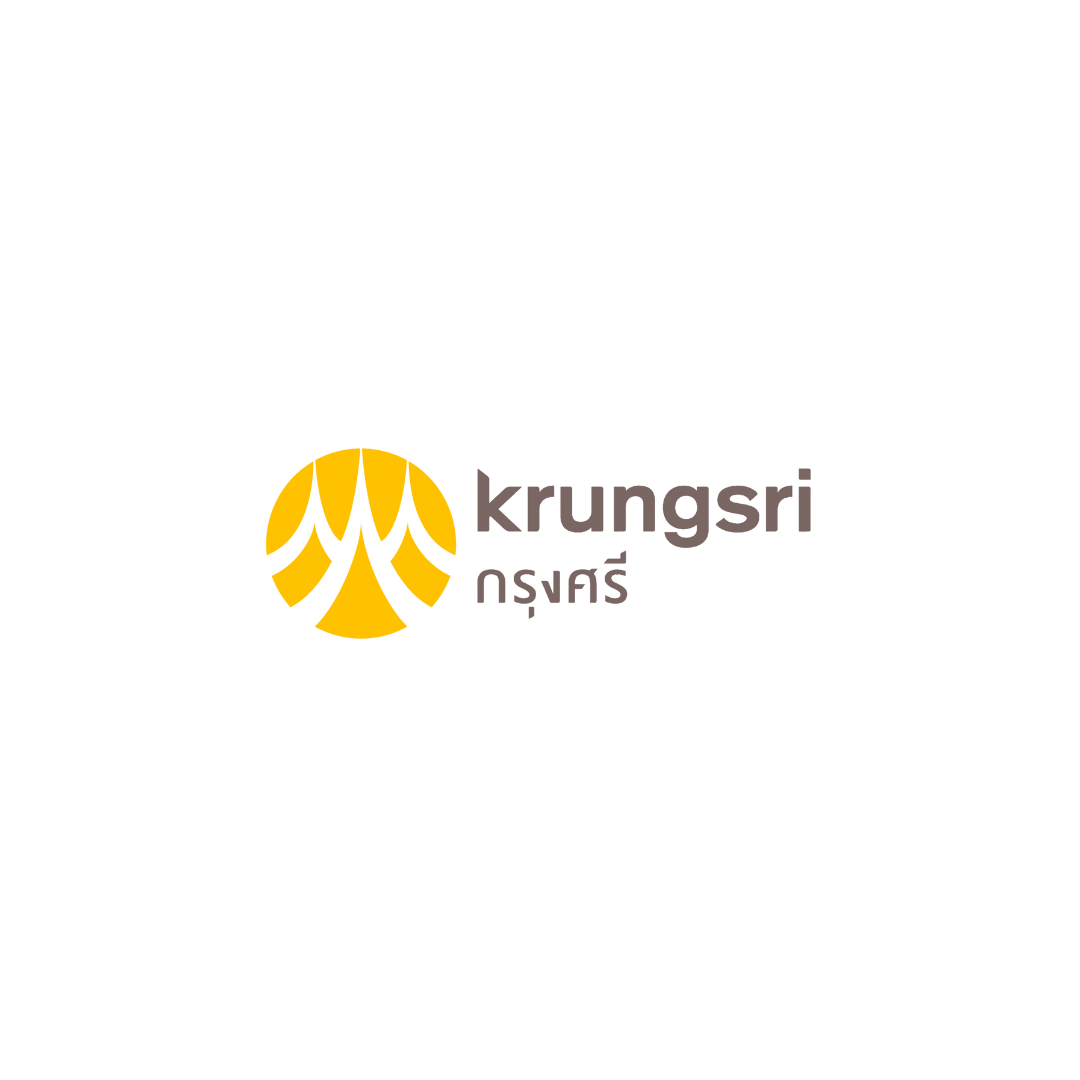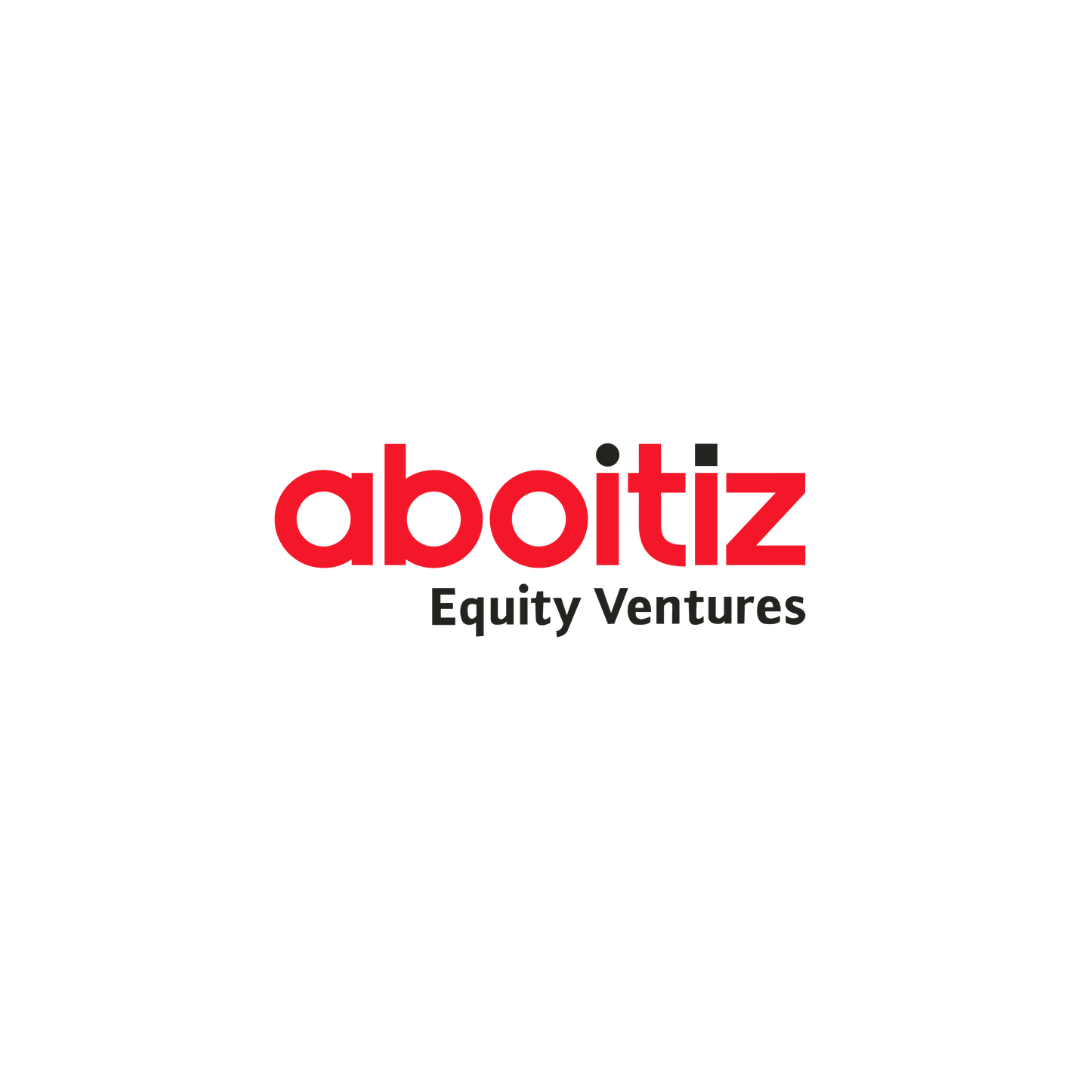Pertamina: Digital Transformation in Indonesian Oil & Gas Production
Project Summary
Pertamina is an Indonesian state-owned oil and natural gas corporation based in Jakarta. Pertamina and its subsidiaries engage in the businesses of upstream and downstream oil and gas. Pertamina also runs more than 5000 petrol stations across Indonesia. The firm is currently the 2nd largest crude oil producer in Indonesia behind the US-based Chevron Pacific Indonesia. Pertamina is the only Indonesian company on the 2019 Fortune 500 list of the world’s biggest corporations in terms of revenues, USD 57.93 Billion. The state-owned oil and gas company was ranked above the Alibaba Group and Facebook. It is not listed on the Indonesia stock exchange and employs over 31,500 employees.
Pertamina sees digital transformation as a necessity to increase competitiveness and has started implementing various programs since 2017. Pertamina also realizes that digital transformation is not only related to technology and processes, but also people & culture. In 2018, Pertamina also restructured its ICT teams and created 2 new functions within the team. The IT ASP (Architecture, Security & Policy) team was to take a strategic view on formulating policy on architecture and information security, while the Digital Transformation team was tasked to ensure that the organisation stayed on track in its digital objectives.
The Digital Transformation Team formulated 16 Main Themes and selected 9 main themes to further focus on in 2018. Some strategic programs executed include the development of Big Data Analytics to support Corporate Business Analytics and Cyber Security Resilience Implementation. On the retail end, Pertamina introduced digital services via the MyPertamina application, which includes a cashless payment system and loyalty program. Pertamina also ran a Digital culture program to engage employees at all levels on digital transformation.
Kimia Farma (KF):
Digitalizing the Pharmaceutical Supply Chain in Indonesia
Project Summary
Founded in 1817, Kimia Farma (KF) is a state-owned pharmaceutical producer and distributor in Indonesia. It was listed on the Jakarta Stock Exchange in 2002. KF, oversees end to end activities from production, R&D to retail and distribution of pharmaceutical products. As of December 31, 2018, the company operates 7 factories and has 905 owned pharmacy outlets, and operates 530 health clinics. As of 2nd Oct Kimia Farma’s Market Capitalization stands at USD 1.1 Biliion (IDR 15.55 Trillion) and employs over 13,700 people.
The digital transformation roadmap was introduced in 2017 and the initial stages of digital transformation looked to connect end to end processes from upstream to downstream activities, factories, distribution, supply chains, warehouses, pharmacies, and offices was planned to be completed in 2 – 3 years. The outcome of this transformation was to improve operational performance, where production of medicines is on target with reduced wastage.In 2018, an integrated Enterprise Resources Planning (ERP) system was implemented and will continue to be developed in stages to connect end to end business processes. Other technology implementations include, developing digital office services, implementing an E-procurement application and introduction of an e-commerce service for its pharmacy outlets. To ensure that services are available to its staff and clients, a disaster recovery center was also built in Surabaya. IT investments increased 174.62% between 2017 to 2018 to USD 2.49 Million (IDR 35.14 Billion). KF hopes to realize the full digital potential throughout the value chain (in collaboration with digital partners) by 2021.
Maybank: Customer Engagement key to being Malaysia’s Digital Bank of Choice
Project Summary
Established in 1960, Maybank is the largest financial services group in Malaysia with an established presence in the ASEAN region. At the end of FY 2018, the Maybank Group was the 4th largest bank in ASEAN by asset size and the largest listed company in Malaysia. As of Oct 2019, Maybank had a market capitalisation of USD 20.44 Billion (MYR 85.175 Billion) and employs 45,000 employees.
As part of the Group’s strategic objective, Maybank aspires to be the Digital Bank of Choice by 2020. To achieve this Maybank is taking a 2 pronged approach:
· Focusing on engaging customers, to obtain direct feedback about digital platforms, learning customer lifestyle patterns to identify opportunities for Maybank to expand their suite of mobile and online banking solutions.
· Collaborating and establishing digital partnerships with fast-moving technology players that actively engage a large and complementary digital customer base.
Maybank looks to focus on launching innovative digital products which will benefit their current clients as well as tap into their non-customer based. An example would be the “MAE” e-wallet, which allows applicants from 12 years old and do not need to be existing Maybank clients. As competition in the retail payment space heats up, Maybank looks to continue exploring cashless payment modes that are safe, secure and convenient for customers.
To support their vision to become the Digital Bank of Choice, Maybank believes that it is important to build the right data architecture and infrastructure and is also looking to prioritise investments in infrastructure and monitoring tools on the back of heightened concerns over cybercrimes in the financial services industry and given added focus on these areas by regulators.
A key area of emphasis for Maybank would be data management and utilisation, this covers how data is managed, mined, analysed and then monetised. In this area, Maybank is working on improving its own in-house data management and utilisation abilities and governance of data mining activities to ensure that their cyber defence capabilities remain robust.
Malaysia Airport Holdings Berhad (MAHB):
Airport 4.0, Malaysia’s gateway to the world
Project Summary
Malaysia Airport Holdings Berhad (MAHB) was the first airport operating company to be listed in Asia on the Kuala Lumpur Stock Exchange in 1999. MAHB now operates 39 airports across Malaysia and 1 international airport in Istanbul, Turkey. As of Oct 2019, MAHB’s market capitalisation stands at USD 3.44 Billion (MYR 14.352 Billion) and employs over 10,000 employees. In 2018, passenger traffic across 39 Malaysian Airports stood at 96.64 Million. Despite challenging global headwinds, MAHB forecasts an expected growth rate of 4.9% in 2019 and is looking to transform digitally to meet the challenges of processing growing number of passengers while at the same time ensuring the service levels are always at the highest level.
MAHB is redefining its total airport experience by embarking on digital transformation. This transformation initiative known as Airports 4.0 was launched in June 2018 as one of the key developments to build new competencies around the capacities to be more agile, people-oriented, innovative, customer-centric, streamlined, efficient and able to induce opportunities and tap into new information and service-driven revenues, as well as driving operational excellence.
The core elements of the Airports 4.0 initiative are:
· Establishing a Unified Digital Platform consisting of Big Data Analytics, Artificial Intelligence, Intelligent Enterprise, Cyber and Information Security
· Utilising IoT sensors with the capabilities to collect, collate, analyse and act on data captured
· Leveraging Industrial IoT to focus on Asset Management and Predictive Maintenance
Airport 4.0 is also aligned into seven solution clusters. For example, the Engineering Division at MAHB developed the Engineering Digital Transformation roadmap which aims to elevate engineering facilities performance and operational excellence by utilising the IoT and Machine Learning solutions, with successful implementations in the Apron Services Management Systems for Passenger Boarding Bridges.
Bangchak Petroleum PCL (BCP):
Going Digital with Bangchak Petroleum
Project Summary
Established in 1984, Bangchak Petroleum PCL (BCP) has 3 core businesses, an oil refinery which is currently operating in Bangkok with a 120k barrels per day capacity, retail & marketing segment which distributes its refined oil products via petrol stations and power generation via alternative energy, mainly solar, wind and bio fuel, through subsidiaries like BCPG, which is listed on the Stock Exchange of Thailand (SET). Bangchak’s market capitalisation stands at USD 1.24 Billion (THB 37.52 Billion) and employs over 1,200 people.
To improve BCP’s competitiveness, its executives drew up a Digital Roadmap to improve efficiency of the organisation. BCP hoped to leverage on the analysis of various data points collected from refinery management, marketing, finance, accounting, and personnel administration to improve operational efficiency. Digital Transformation from Refinery to Retail Stores
Innovations introduced for the BCP core business include:
· Utilising Internet of Things (IOT) by installing sensors around the refinery to enable Smart Plant Maintenance.
· Newly designed petrol stations being fitted with digital hanging oil-dispensing machines to offer more convenience for motorists.
· With the view of utilising Digital Energy Management to be the leader in commercial application of innovation and technology in the power generation business, BCP introduced the Green Community Energy Management System (GEMS), an innovation featuring Blockchain technology to run a pilot project on electricity bidding, applicable for the Smart Isolated Microgrid.
· Setting up of Bangchak Initiative and Innovation Center (BiiC) to invest and incubate green-tech startups.
In addition to the introduction of Big Data Analytics, data analysis for marketing planning, development of improved services for customers, and improvement of work process efficiency, BCP is also exploring emerging technologies to improve work processes including robotics, artificial intelligence, virtual reality, and augmented reality.
Bank of Ayudhya Public Company Limited (Krungsri): Digital Services to Make Life Simple at Krungsri
Project Summary
Bank of Ayudhya Public Company Limited (Krungsri) was incorporated in 1945 and listed on the Stock Exchange of Thailand in 1977. As of year end 2018, Krungsri is Thailand’s 5th largest universal bank by assets, loans and deposits. As of Oct 2019, Krungsri’s Market capitalisation stands at USD 8.01 Billion (THB 242.74 Billion) and employs over 15,000 people.
In Krungsri’s 2018 annual report, Chairman Mr. Veraphan Teepsuwan highlighted that Krungsri’s key strategic thrusts include digital innovation enhancement, customer experience excellence, and business platform enrichment. The bank intends to leverage the opportunities presented by digital innovation through the establishment of a new business paradigm, and cultivation of rich ecosystems and platforms. The key endeavour for the bank is to ‘Make Life Simple’ for their all customers. Progress in digital capabilities has made this possible for all customer segments, which includes the deployment of robotic process automation (RPA), enhancement of channels with digital technology and successful commercialisation of blockchain.
Driving usage of the Krungsri Mobile Application (KMA) as the platform of the future financial world, is also a key part of Krungsri’s digital direction and strategy. KMA is driven by open banking APIs, AI, big data, and intelligence. Over 800 million baht is being allocated for KMA’s advancement under three core strategies, i.e. acquisition, services, and marketing. An example would be the introduction of “Smart Advisor” on KMA, the most advanced feature where an automated advisor assists clients to achieve an individual’s financial goals. A user questionnaire is submitted and the choices are run through algorithms and advanced software to build portfolios based on risk levels in that meets the clients’ criteria. This provides effective low-cost advice to the clients and adds new capabilities to Krungsri wealth management business model.
Aboitiz Equity Ventures:
Digital Transformation at Aboitiz Equity Ventures
Project Summary
Incorporated in 1989, Aboitiz Equity Ventures (AEV) is a holding and management company listed on the Philippines Stock Exchange (PSE). In 2018 AEV’s market capitalisation stood at PHP 309.8 Billion, employing over 35,000 people across the entire group.
AEV has 5 main strategic business units which are groups of companies themselves, power generation and distribution (Aboitiz Power Corp), banking and financial services (Union Bank), food manufacturing (Pilmico Food), real estate development (Aboitiz Land) and infrastructure (Aboitiz infracapital). Of the 5 main business units, Aboitiz Power Corp and Union bank are also listed on the PSE.
According to Jojo S. Guingao, AEV Chief Digital Officer, the Aboitiz Group has identified four key areas for its digital transformation: turn businesses into intelligent operations, reinvent business models, advance stakeholder experiences, and create an agile workplace. AEV is also pushing to be completely on the cloud by 2021. Among other digital initiatives, Aboitiz adopted Robotic Process Automation (RPA), where real-time data on company customer records (unposted payments, post-dated checks, and guarantees) are summariesd per account and sent directly to sales managers. RPA implementation has helped to save time and enhances the relationships with external customers via a more organised collection process. In addition to business objectives, Aboitiz also looks to digital means to engage different groups of stakeholders such as its employees and the local community. Aboitiz Group started using Workplace by Facebook last year, which has been helpful in training people to adjust to the company’s push for a mobile work platform. The Aboitiz Innovation Laboratory (a.Lab) represents the Aboitiz Group’s foray into an agile workspace.
Jollibee Foods Corporation (JFC): Supply Chain Excellence to deliver Food Fast Dominance in the Philippines
Project Summary
Jollibee Foods Corporation (JFC) has grown from just two ice cream parlours in the 1970s to operating 14 brands, 4,300 stores in 21 countries, with its flagship brand Jollibee accounting for over 1,300 stores globally. In 2014, JFC became the largest restaurant company in Asia. It is currently among the top 10 in the world in terms of market capitalisation, as of Oct 2019 stands at USD 4.55 Billion (PHP 239.276 Billion).
2018 was JFC’s fastest expansion ever, 502 stores worldwide. JFC also employs over 13,000 employees. In a 2019 CNBC Interview, CEO Ernesto Tanmantiong said that for JFC to expand in a time where there are concerns about rising costs and growth uncertainties, JFC has to work closely with partners and suppliers to save costs through improving efficiencies in the manufacturing process, operations in the commissaries and stores.
Despite being the largest restaurant chain in the Philippines, Jollibee recognises huge growth potential in the Philippines having penetrated only 10% of its municipalities. Helping to deliver Jollibee’s growth are its commissaries, ensuring that manufacturing and distribution of safe and high-quality food is completed in the most cost-efficient manner. Zenith Foods Corporation, a full subsidiary of JFC, is its largest commissary with the capacity to service over 800 Jollibee stores. To improve productivity in operations, process relevant data and provide timely information for critical decision Zenith Foods embarked on its Digital transformation program to become the center of supply chain excellence. Zenith is taking a user driven approach to digitalise by empowering the end users and getting them involved in the process. The initiative is beginning to create a culture of continuous digital improvement and is paving the way to deliver the strategic imperative for 2019-2023 “Drive Speed With Excellence”
Vietnam Prosperity Bank (VPBank): Enroute to Vietnam’s Most Consumer Friendly Bank
Project Summary
Vietnam Prosperity Bank (VPBank) was established in 1993 and listed on the Ho Chi Minh City Stock exchange in 2017 and was added into the VN30 index a year after its listing. As of Oct 2019, VPBank’s Market capitalisation stands at USD 2.07 Billion (VND 48.25 Trillion) and employs over 26,700 people.
VPBank’s aims to be one of the top 3 most valuable banks in Vietnam by 2022 and become the most consumer friendly bank through technology. Digital transformation aims to deliver top line revenue growth, higher productivity and lower cost base, while maintaining service levels to their customers. It is a strategic growth driver with a 5 year plan running from 2018-2022.
VPBank considers 2018 as the breakthrough year in digital banking with digital technology applied to almost all of VPBank’s core divisions to support business activities via introduction of digital banking apps such as VPBank Dream, YOLO and SME Connect. Several key digital-related targets, such as number of credit cards, lending customers (overdraft contracts) and savings accounts issued online stepped up by around 60% and 100% yoy.
In particular, online term deposits accounted for 60% of the bank’s total. The number of financial transaction in 2018 was estimated to have risen steadily by 110% compared to 2017, enabling the bank to save hundreds of billion in OPEX and optimise branch resources.
Utilizing technology to automate credit scoring and underwriting, customers are not required to submit any hard copies to apply for products on Internet Banking and on average it took only 1 minute to disburse a loan and 2 days to issue a credit card. In Oct 2019, VPBank indicated that digital customers made 1.2 million logins daily (20x vs last year) with 120% growth in the number of transaction per customer per month. Given quantum leaps in terms of technological development, VPBank is running 22 new functionalities on digital banking to improve customer experience and convenience.
Ho Chi Minh City Power Corporation: Smart Grid for A Smart City
Project Summary
Vietnam Electricity (EVN) is the largest power company in Vietnam, established by the Government as a state-owned company in 1994. EVN is not listed on the stock exchange. Ho Chi Minh Power Corporation (EVNHCMC) is a wholly owned subsidiary of EVN and is one of 5 power distribution corporations with the main task of distributing electricity in Ho Chi Minh City. EVNHCMC employs nearly 7,400 employees.
EVNHCMC adopted state-of-the-art equipment and technologies in power system management and operations, including implementation of hydrological forecasting software, remote controls, and unmanned substations in its grid systems. Through its Smart Power Grid Development program, 80% of the medium voltage grid is controlled remotely by Mini-SCADA. The smart grid helps promote the application of live-line working and mitigates the disruption of power supply to the city.
In addition, the group has also piloted the MicroGrid model (regional smart power grid) in four areas: Hi-tech Park in District 9, commercial offices along main roads in District 1, Mieu Noi residential area in Phu Nhuan District, and residential area in District 7.
Outside of Smart Grid efforts, EVNHCMC is also diversifying its bill payment channels, working with 22 banks and nine partners to help customers pay for electricity bills at more than 5,712 payment points including, convenience stores, post offices, supermarkets and 2,202 ATMs. Consumers can also pay directly through Internet/Mobile/SMS Banking. On the customer service front, EVN has also applied chatbots using AI to engage their customers, hoping to improve their customer’s satisfaction and experience.











